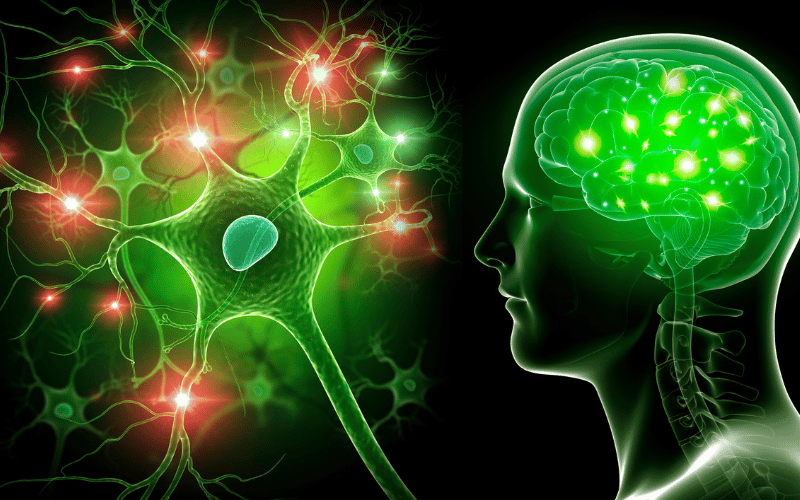Introduction: The Stealthy Predator in Your Central Nervous System

When it comes to health, no news often seems like good news. However, in the complex world of primary central nervous system lymphoma (PCNSL), silence isn’t golden; it’s potentially lethal.
Recognizing the early warning signs of this rare but aggressive form of Non-Hodgkin Lymphoma—largely classified under diffuse large B-cell lymphoma affecting the CNS (DLBCL-CNS)—can be a life-saving revelation. Most people, unfortunately, aren’t even aware of what these signs are, which leads to delayed diagnosis and treatment.
PCNSL primarily focuses its wrath on the brain, spinal cord, and the cerebrospinal fluid. These aren’t just any body parts; they’re the command center for every function your body performs, consciously or subconsciously.
So, when a disease as crippling as PCNSL chooses to target this intricate system, the symptoms are neither straightforward nor singular. They’re manifold, and often camouflaged as signs of less severe conditions, making diagnosis even more challenging.
Why is it crucial to know these symptoms? Time is of the essence. Early detection is your most potent weapon in this fight.
While medical advancements are ever-evolving, and therapies are becoming more effective, your best shot at a favorable outcome starts with recognizing the signs. Waiting for an official medical diagnosis without any awareness could cost you more than just time; it could cost you your life.
To arm you with the crucial information you need, this article dives deep into the 10 most telling symptoms of PCNSL. Whether it’s for you or someone you know, recognizing these symptoms can be the first step in a journey towards healing. Now, let’s unravel these symptoms one by one, and demystify the silent predator lurking in your central nervous system.
1. Cognitive Dysfunction: The Mind’s Slow Fade

We all have those days when we walk into a room and forget why we did. But when this occurrence shifts from an occasional annoyance to a recurring event, you should consider digging deeper.
PCNSL’s onset often manifests in cognitive changes subtle enough to be dismissed but significant enough to disrupt your life.
The central nervous system is a complex machinery of thought processes, memories, and reflexes. When PCNSL infiltrates this system, it directly impacts your cognitive functions.
Tumors can pressure certain areas of the brain, disrupting normal neural pathways, leading to cognitive dysfunction. This is more than just your garden-variety forgetfulness; it’s a clear sign that something isn’t right.
As these cognitive glitches escalate, the impact isn’t confined to forgetting names or losing your keys. It starts affecting your work performance, social interactions, and even basic tasks like cooking or driving. Relationships can suffer, as loved ones might interpret the dysfunction as negligence or aloofness, not realizing that a much darker force is at play. (1)